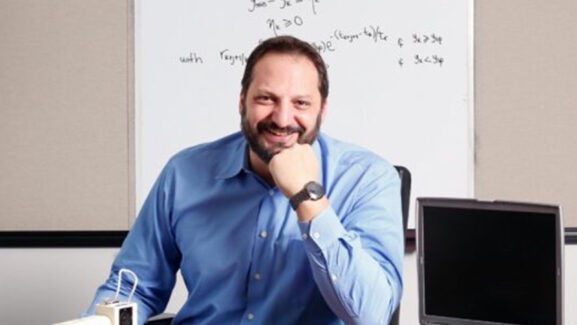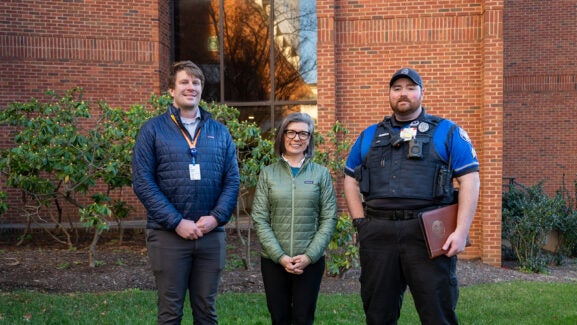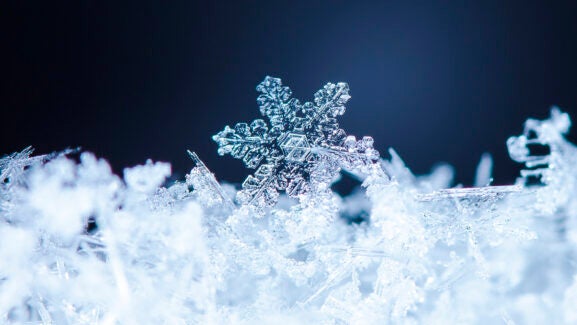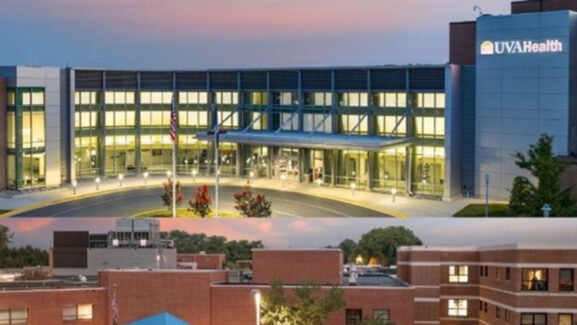
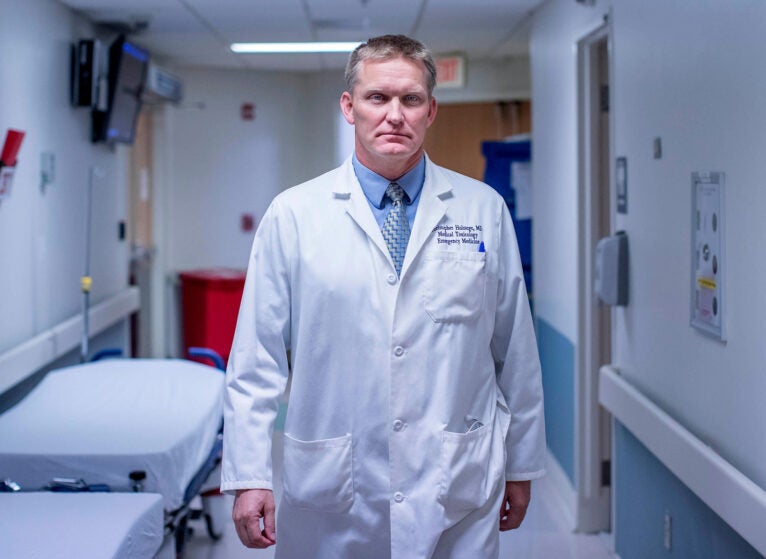
Christopher Holstege, MD, Director, Blue Ridge Poison Center
Carbon Monoxide Poisoning Risks Higher During Winter Storms
With power outages possible due to the winter storm, UVA Health’s Blue Ridge Poison Center is urging people to avoid carbon monoxide (CO) poisoning related to alternative heating methods — especially the use of portable power generators.
CO is an invisible gas formed as you burn fuel in portable power generators. If the generator is not located in a safe place, CO can make its way inside homes.
Faulty, clogged, or leaky gas furnaces or chimneys also can cause a dangerous amount of CO to build up inside homes, as can warming up vehicles in garages by letting engines run. Other sources of CO include kerosene or propane heaters, woodstoves, gasoline-powered tools, and charcoal or gas grills.
Breathing CO may cause headaches, nausea, vomiting, chest pain, dizziness, weakness, convulsions, loss of consciousness, and death. Very high concentrations of CO can cause loss of consciousness in only a few breaths.
“Power outages always bring a risk of carbon monoxide poisoning,” says Christopher Holstege, MD, Director, Blue Ridge Poison Center. “Since you cannot see, smell, or taste CO — you may not be aware that you are breathing it.”
CO poisoning is entirely preventable. The Blue Ridge Poison Center encourages anyone who loses power to follow some key safety steps:
- Place portable generators outdoors, at least 20 feet away from homes. Never use portable generators in enclosed spaces such as garages, basements, porches, attics, or crawl spaces.
- Don’t use gasoline-powered tools (snow blowers, chain saws) in enclosed spaces.
- Do not use a gas oven, charcoal grill, or camping stove to heat homes.
- Install carbon monoxide alarms.
CO poisoning is often mistaken for the flu or other illnesses. If you suspect CO poisoning, or if your carbon monoxide alarm sounds, immediately move people and pets to fresh air and call 911. For advice if someone may have been exposed to CO, call the Blue Ridge Poison Center 24-hours a day, every day: 1-800-222-1222. Calls are free and confidential.
Latest News

